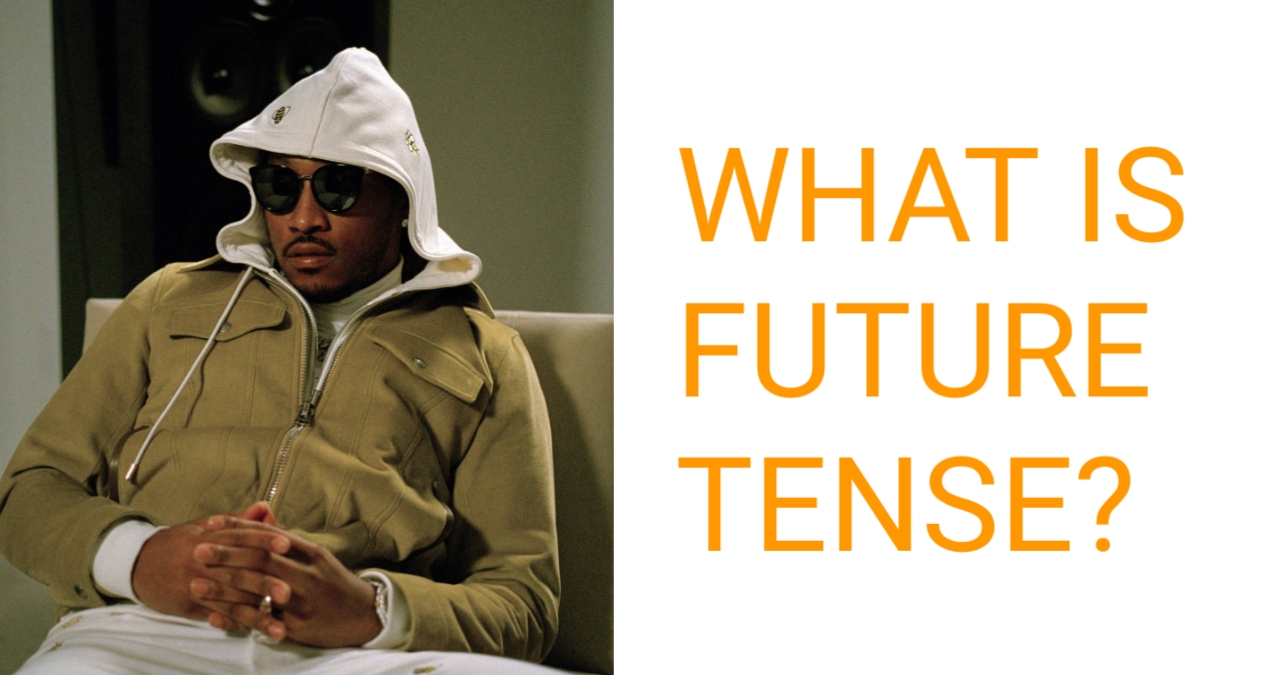What is Future Tense?
A futures contract is a legal contract for an asset that will be delivered at a predetermined time in the future. The parties to a futures contract are unknown to each other, and the asset that is transacted is usually a commodity or a financial instrument. When a futures contract is entered into, the buyer and seller have no idea when the asset will be delivered, so it’s impossible to predict how much it will cost until it happens.
Future tense
When an event has not yet taken place but is expected to happen, thefuture tense is used. French use the word aimera to describe a future event. This form is derived from the verb aimer. But what is future tense? Here are some examples. In French, aimera means “to plan”.
In Latin, the future forms are difficult to differentiate from meother verb forms, partly because of the changes in sound. As time passes, the futureforms gradually become more grammaticalized, with the temporal component taking precedence. By contrast, the simple future forms are less grammaticalized and are more often associated with action or a planned event. However, the tense is formally a part of the verb, which means that it carries a grammatical function.
In addition to past and present tenses, English also has a future tense. In English, the future forms of verbs are will. The former is used when plans have been made before the moment of speaking, while the latter is used when the action is happening at the time of speaking. Teachers can find printable materials onfuture qq to use in class. Moreover, they can find lesson plans that can guide their students through the tricky subject.
Future perfect tense
The FuturePerfect tense is used when a verb will occur before the time of reference. For example, the verb “I will finish by tomorrow” will be in theFuture perfect form. The following example shows the difference between the two tense forms. In both cases, the action will occur before the reference time. This tense is more formal. Future perfect tense is not used for everyday sentences. However, you can use it when you want to express an opinion.
When using the future perfect tense, you will often use prepositional phrases to indicate the timing of events. For example, Lisa and Mona will finish making the surprise dinner when their parents arrive home. The two girls will have learned how to work from home when the coronavirus ends. Thefuture perfect tense is an important part of English. It can make writing about two future events easier. If you’re a student, try writing about twoFuture events and practice with the sentence to see how it sounds.
You can learn the future perfect tense by reading a book and completing a practice quiz. When speaking aboutfuture events, make sure to use phrasal verbs (two-word verbs), such as “have” or “have.”
Future progressive tense
The Future progressive tense is a continuous tense, used to describe a continuing event in thefuture. The tense is formed using modal “will” plus a present participle with an -ing ending. It is used to express continuous, ongoing activities in thefuture, and differs from simple futureTenses in several ways. For example, “I’m going to school” refers to an ongoing activity that will take place in the future.
Future progressive tense is used to express ongoing actions that occur in the future. Future progressive tenses use a verb ending with ing instead of a final consonant. They are also used in negative statements to interrogate about ongoing action. But they should be used sparingly in formal contexts. This is because people rarely need to use negative interrogatives. Instead, they are often used in casual, everyday speech.
It’s important to understand how to use the Future Progressive tense. Here are a few examples to help you learn the tense. In addition to examples, remember thatFuture progressive verbs are in italics. Practice writing with this form in your everyday life and it will help you become a fluent speaker in no time. You can also find fun activities and practice lessons to help you learn how to use futureprogressive verbs.

I’m publisher on vents today if anyone want post on our website then do contact







